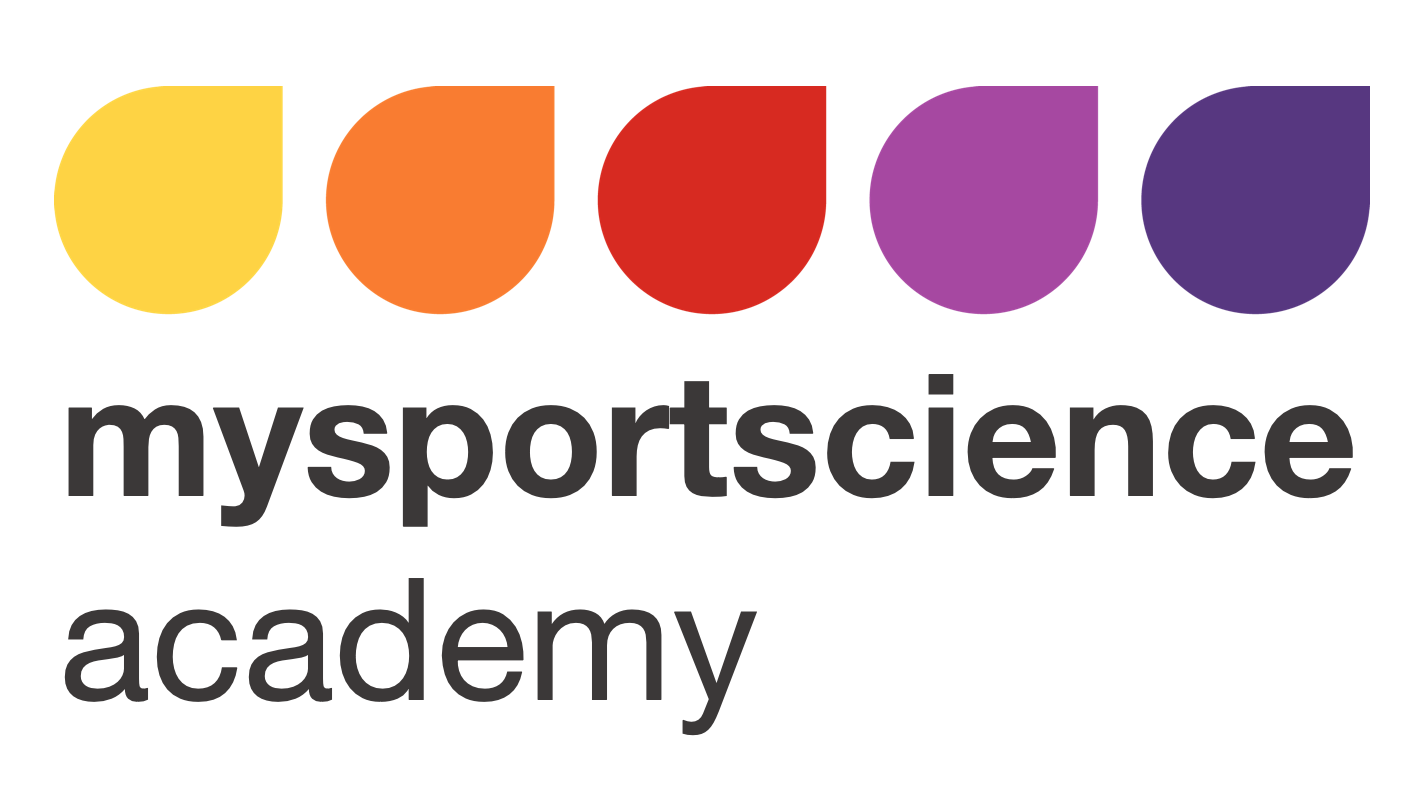The latest on nitrates
Professor Jones discusses the latest developments in the role of nitrates (beetroot juice) for exercise performance.
You will learn about:
The science behind nitrate supplementation
The effect of nitrate supplementation on performance
How to optimally supplement with nitrate
You will learn about:
The science behind nitrate supplementation
The effect of nitrate supplementation on performance
How to optimally supplement with nitrate
Write your awesome label here.
Professor Andrew Jones
1
40 mins
1
1
Testimonials
Professor Andrew Jones
Professor Jones is known by many as Andy Beetroot as he was the researcher who started the interest into nitrates and used beetroot juice as the source of nitrates. He is a Professor of Applied Physiology in the Department of Sport and Health Sciences at the University of Exeter, UK. Prof Jones is internationally recognized for his research in a number of areas: nitric oxide precursors such as dietary nitrate, bioenergetics and skeletal muscle oxidative metabolism, respiratory physiology, and sports performance physiology, particularly in relation to endurance athletics.
Prof Jones has authored approximately 300 original research and review articles and is co-Editor of three books. He is a Fellow of the American College of Sports Medicine, the British Association of Sport and Exercise Sciences, the European College of Sport Science and the Physiological Society. Jones is Editor-in-Chief of the European Journal of Sport Science and serves on the Editorial Board of several other international journals in sports medicine and exercise science. Prof Jones has acted as a consultant to a number of governing bodies of sport or commercial companies including UK Athletics, the English Institute of Sport, Gatorade Sports Science Institute and Nike Inc.
For many years, he tested and advised Paula Radcliffe, who would eventually set the current women’s marathon world record, 2:15:25, in London in 2003. Jones’s 2006 paper on their collaboration, “The Physiology of the World Record Holder for the Women’s Marathon,” remains one of the deepest, most remarkable articles in the scientific literature on running. A decade later, Nike called on Jones to test and select three runners for its Breaking2 project. That effort produced the fastest-known (unofficial) marathon time, 2:00:25, ran by Eliud Kipchoge on a controlled track setting in Italy in May 2017.
Write your awesome label here.
